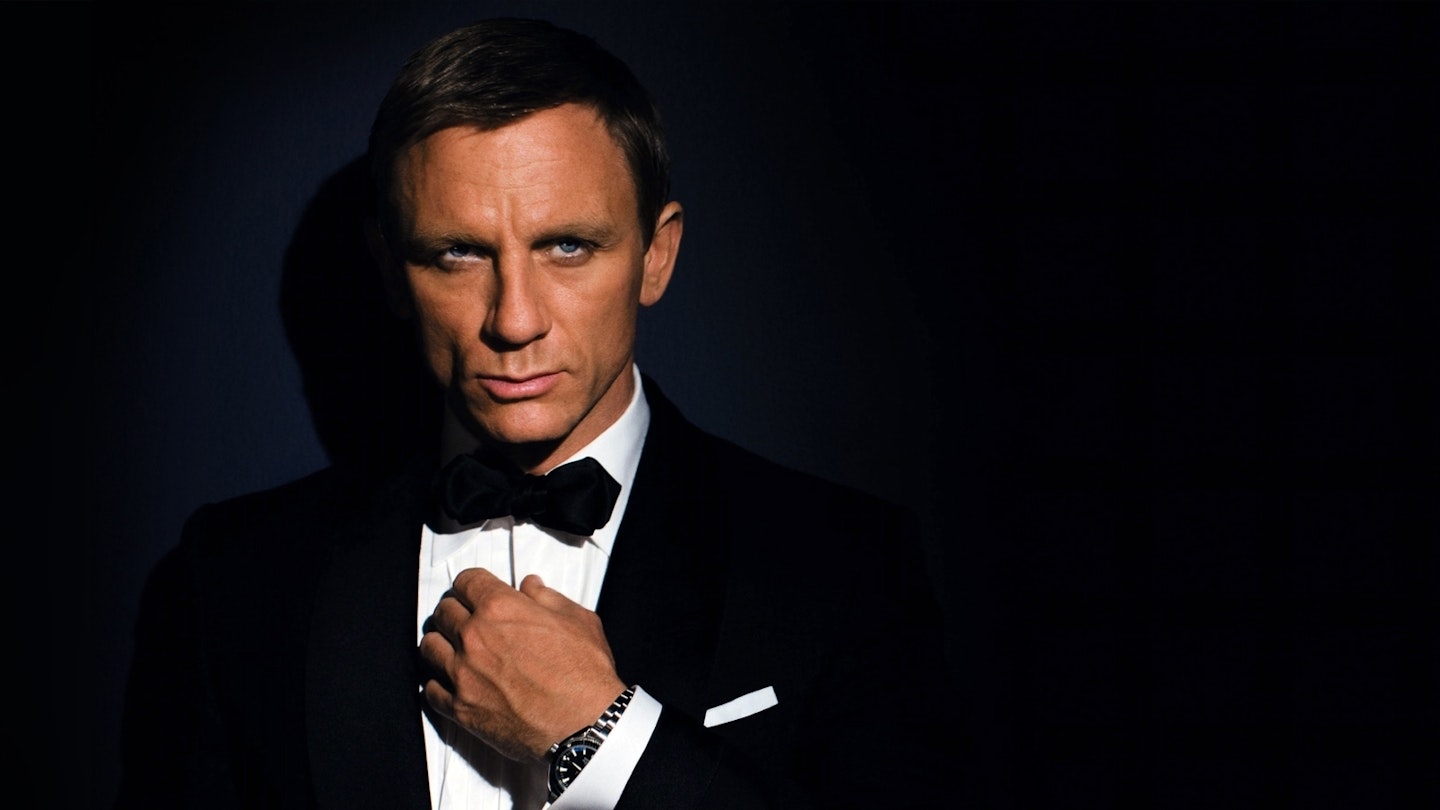Betrayal, fear, anger**,**guilt — in cinema, these are the foundations on which our suburbs are built. Certainly they’re not buried too far below the surface of Little Children, but what sets Todd Field’s follow-up to In The Bedroom apart is its refusal to bow to the conventions of the ‘suburban desperation’ genre.
There is the threat of infidelity, true, in a love triangle involving Patrick Wilson’s Brad, the bored house-husband to Jennifer Connelly’s successful documentary-maker Kathy, and Kate Winslet’s frustrated housewife Sarah. All three are convincing — Wilson ably playing the dreamy, failing male looking for something to offset his professional shortcomings, and Winslet as excellent as always in a role that could have played desperate or sluttish, but instead is full of misplaced heart. The major loser in the acting stakes is Connelly, tasked with looking beautiful but cold while innocently emasculating poor Brad with her success. Happily, Connelly remains incapable of giving a bad performance, even in a thankless role.
But this isn’t just another tearful look at the destructive effects of lust. There’s a singular lack of tears for one, and the question of sexual morality is blurred and twisted out of recognition by the story of Ronnie (Jackie Earle Haley), a man convicted of exposing himself to children, and Larry (Noah Emmerich, the standout performance of the film), the ex-cop who crusades against him. Ronnie is a disturbed man, plagued by urges he is unable to control — but not the simple bogeyman that his neighbours fear. While Haley looks stereotypically Gollum-like, he succeeds in adding some layering to the ‘pervert’ — although the film never crosses the line from empathy to sympathy. Nor are his accusers as pure as they might like to think — as embodied by Larry, Ronnie’s persecutors are morally compromised and desperately seeking their own redemption.
It’s unsettling stuff, shifting from black comedy to bleak drama and back, even punctuated by the odd moment of slapstick and all overseen by a knowing, slightly arch narrator. But such apparently inconsistent touches add to a sense of realism. These characters may be prettier than your average, but they live in a recognisable, topsy-turvy world, riddled with fear of the unknown and an even bigger fear of failing to explore it.


